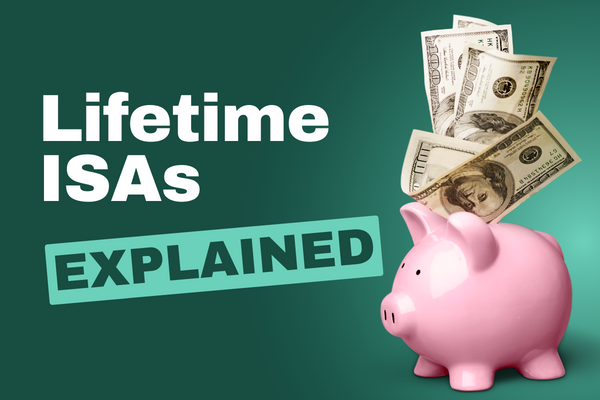When Can I Retire in the UK?

Retirement planning is a crucial aspect of financial security and well-being. Understanding when you can retire in the UK involves considering various factors, including age, benefits eligibility, and how upcoming changes in retirement age may affect you.
This article provides a detailed overview of retirement age regulations in the UK, the impact on different age groups, and the benefits available depending on when you retire.
Current State Pension Age
State Pension Age for Men and Women
Historically, the State Pension age in the UK differed for men and women. However, recent changes have equalized the retirement age. As of 2020, the State Pension age for both men and women is 66.
Planned Increases
The UK government has scheduled further increases in the State Pension age to reflect longer life expectancies and to ensure the sustainability of the pension system:
- 67 by 2028: The State Pension age is set to rise to 67 between 2026 and 2028.
- 68 by 2046: There are plans to increase it to 68 between 2044 and 2046. However, this timeline may be brought forward based on future reviews.
Impact on Different Age Groups
Born Before 6 October 1954
If you were born before 6 October 1954, you would have already reached your State Pension age, which is between 65 and 66, depending on your exact birth date. You should be eligible to claim your State Pension, provided you have made the necessary National Insurance contributions.
Born Between 6 October 1954 and 5 April 1960
Individuals in this group will reach the State Pension age of 66. This age group will not be affected by the planned increases to 67 and 68, allowing them to plan for retirement based on the current pension age.
Born After 6 April 1960
Those born after this date will be directly impacted by the planned increases:
- Born between 6 April 1960 and 5 April 1961: You will reach State Pension age at 67.
- Born after 5 April 1961: Depending on your exact birth date, you may be affected by the further increase to 68.
How Retirement Age Changes Affect Benefits
State Pension Amount
The amount of State Pension you receive depends on your National Insurance record. To qualify for the full new State Pension, you need 35 qualifying years of National Insurance contributions. If you have less than 35 years, the amount you receive will be proportionally reduced.
Deferring Your State Pension
You can choose to defer your State Pension, which can increase the amount you receive when you eventually claim it. For every nine weeks you defer, your pension will increase by 1%, equating to about 5.8% for each year you defer.
Pension Credit
Pension Credit is an income-related benefit aimed at providing additional financial support to retirees with low income. The eligibility age for Pension Credit is linked to the State Pension age, meaning it will also rise in line with the increases in the State Pension age.
Other Impacting Factors
Workplace and Personal Pensions
While the State Pension provides a foundation, many individuals also rely on workplace or personal pensions. The age at which you can access these pensions typically starts from 55, but this is set to rise to 57 by 2028. The rules for accessing these pensions can vary, so it is essential to check the specific terms of your scheme.
Health and Employment
Your health and employment status can significantly impact your retirement plans. If you are unable to work due to health reasons, you may be eligible for benefits such as Employment and Support Allowance (ESA) or Personal Independence Payment (PIP). Additionally, many employers offer early retirement packages, which may include enhanced pension benefits.
Cost of Living
The cost of living is a crucial factor to consider when planning your retirement. Housing costs, healthcare, and daily living expenses can all impact how far your pension income will stretch. It is essential to budget for these expenses and consider how they may change over time.
Longevity and Lifestyle
With life expectancy increasing, many people will spend 20 or more years in retirement. Planning for a longer retirement means ensuring that your savings and pension income will last. Lifestyle choices, such as whether you plan to travel, take up new hobbies, or continue working part-time, will also influence your financial needs in retirement.
Understanding when you can retire in the UK involves navigating various factors, including changes in the State Pension age, the impact on different age groups, and how benefits depend on your retirement timing.
By staying informed about these factors and planning accordingly, you can make well-informed decisions that will help ensure a secure and comfortable retirement.
Careful financial planning, awareness of your entitlements, and consideration of your personal circumstances are essential steps in preparing for retirement. Whether you are nearing retirement age or still have several decades to go, understanding the landscape of UK retirement regulations will empower you to make the best choices for your future.



